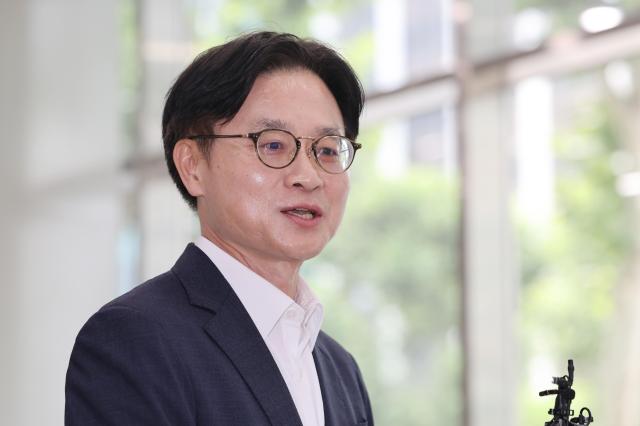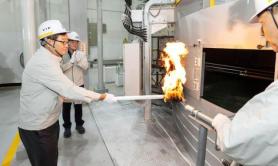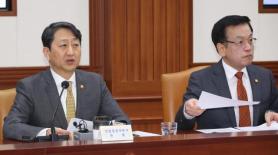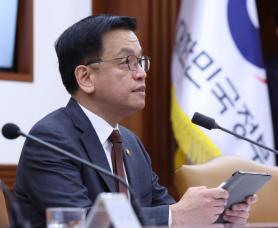
SEOUL, July 15 (AJP) - South Korea’s nominee for industry minister, Kim Jung-gwan, is pushing for the introduction of production tax credits for semiconductors and battery materials, according to parliamentary documents released Tuesday ahead of his confirmation hearing.
Kim, a former senior economic official and most recently an executive at power equipment firm Doosan Enerbility, said the government must adopt “strategic and proactive industrial policies with competitive incentives” to reduce trade risks and bolster key sectors.
He identified production tax credits — subsidies tied to output rather than investment — as a priority for advanced industries, starting with semiconductors and battery materials.
“Securing global leadership in semiconductors requires swift, strong support in the face of intensifying global uncertainty,” Kim wrote in the parliamentary document.
He called for fiscal and tax incentives to enhance domestic semiconductor manufacturing capacity, echoing the production-linked support seen in recent U.S. industrial policy.
In the battery sector, Kim warned that a slowing electric vehicle market and China’s dominance in the supply chain pose “urgent threats” to South Korea’s competitiveness.
He pledged focused support for the production of critical battery components such as cathodes, anodes, electrolytes, and separators to reduce dependence on Chinese suppliers and strengthen the so-called “K-battery” ecosystem.
Production tax credits function as direct tax reductions tied to companies’ actual output. The United States introduced similar measures under the Inflation Reduction Act, offering incentives for domestic production of batteries, solar components, and clean energy fuels.
South Korea currently offers one-time investment tax credits of up to 20 percent for large firms in high-tech industries like semiconductors, but has yet to tie such support to production volumes.
President Lee Jae Myung had pledged during his campaign to introduce a 10 percent production tax credit for domestically produced and sold semiconductors. Industry estimates suggest that Samsung Electronics and SK hynix could each benefit from annual tax reductions of up to 5 trillion won (approximately $3.6 billion) under such a scheme.
Kim’s emphasis on battery materials marks a more granular approach than the broader support pledged by the president during the campaign. Industry insiders welcomed the proposal, noting that extending tax credits to material manufacturers could improve Korea’s supply chain independence in a sector heavily reliant on China.
“If production tax credits are applied to key materials, Korea’s battery industry will be much more globally competitive,” a battery industry official said.
The nominee's confirmation hearing is scheduled for Thursday.
Copyright ⓒ Aju Press All rights reserved.





View more comments